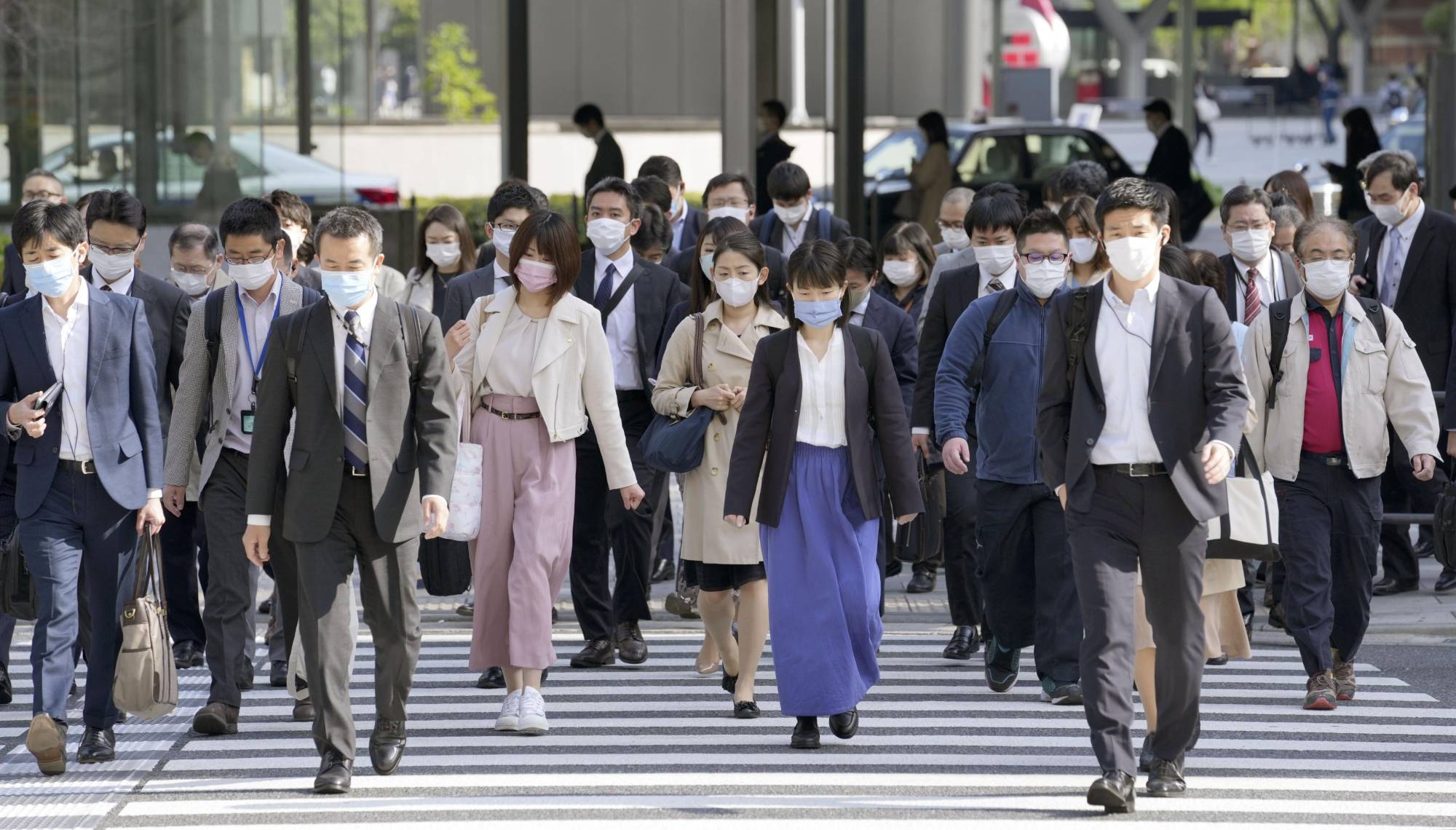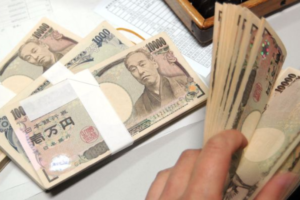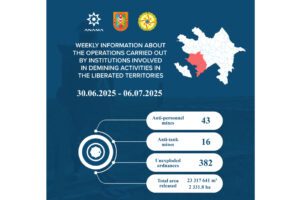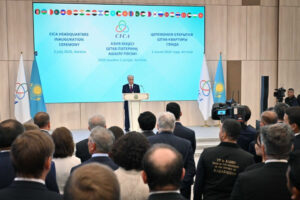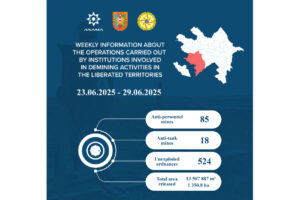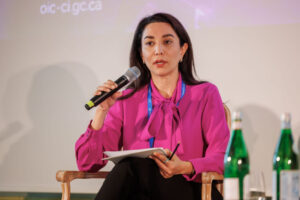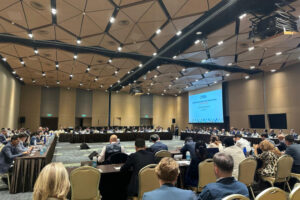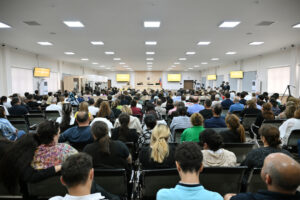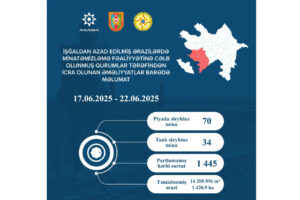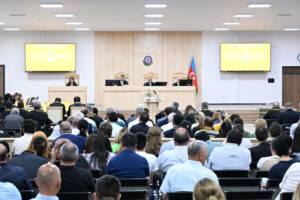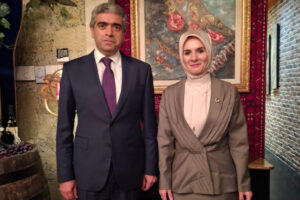Tokyo, 13 July, /AJMEDIA/
Japan ranked 116th among 146 countries in the gender gap rankings this year, remaining in last place among Group of Seven industrialized countries, a Swiss-based think tank said Wednesday.
The report by the World Economic Forum showed women’s participation in the political and economic arenas remains particularly low in Japan. The country, however, attained high scores in access to education and health.
Japan ranked 120th among 156 countries in last year’s rankings.
The next worst-ranked G-7 member in 2022 was Italy in 63rd place. The other G-7 countries — Germany, France, Britain, Canada and the United States — ranked between 10th and 27th.
Japan also came last in its regional group — East Asia and the Pacific. In Asia, the Philippines remained the best-performing country in 19th place, while South Korea ranked 99th and China 102nd.
Japan’s overall performance was slightly worse than last year with a general score of 0.65. The benchmark used in the study varies between 0 and 1, 1 being full parity between men and women. The index tracks disparities between the sexes, not the resources at women’s disposal as such.
Iceland remained the most gender-equal country, topping the ranking for the 13th consecutive year, with a general score of more than 0.9. Finland, Norway, New Zealand and Sweden filled out the top five. Except for Norway, all the other top-ranking countries are led by female prime ministers.
The report, which tracks progress toward gender equality in the fields of economy, politics, education and health, noted only 9.7 percent of Japan’s parliamentarians were women while just 10 percent of ministerial positions were held by females. It also noted the country has never had a female prime minister.
The share of women working part-time was more than twice that of men and the average income of Japanese women was only 57 percent of what a man earned, it added.
Although big differences exist between countries, the think tank estimates it will take 132 years to fully close the global gender gap. It marks a slight improvement compared with the 2021 estimate, which put the time frame at 136 years.
However, the think tank says the coronavirus pandemic has set back gender parity by “an entire generation” and that a weak recovery from it has not helped compensate for it.
The gender gap report has been released by the think tank every year since 2006. This year marks the 16th edition.

